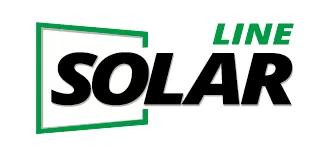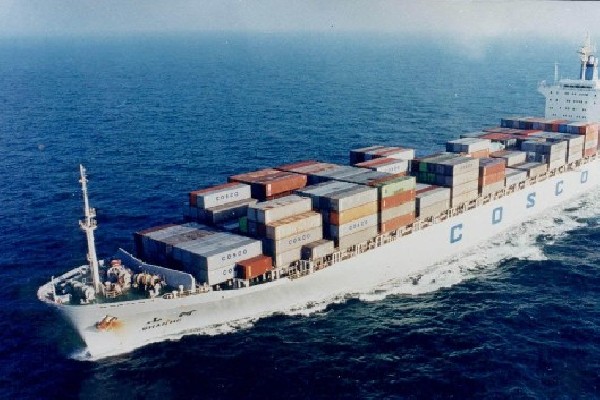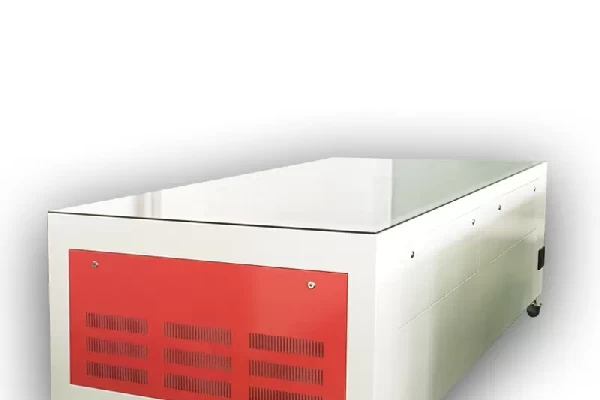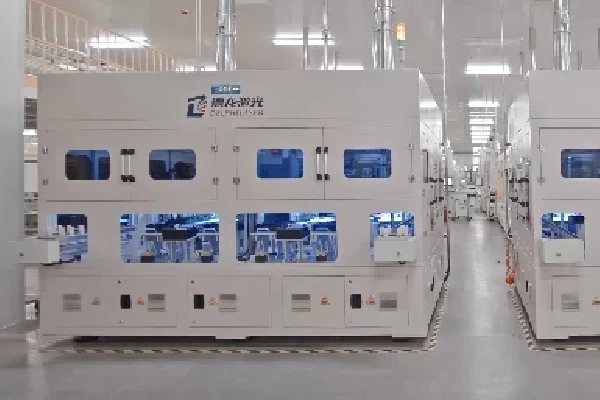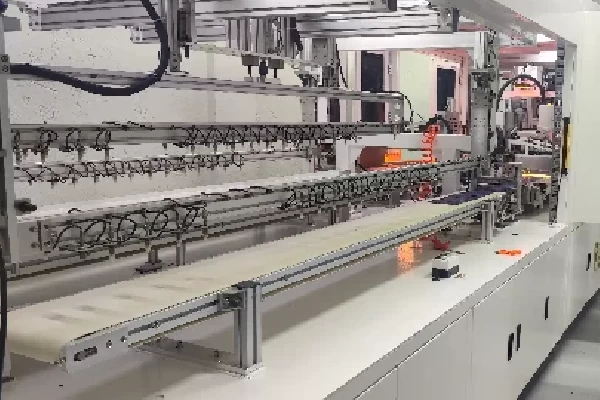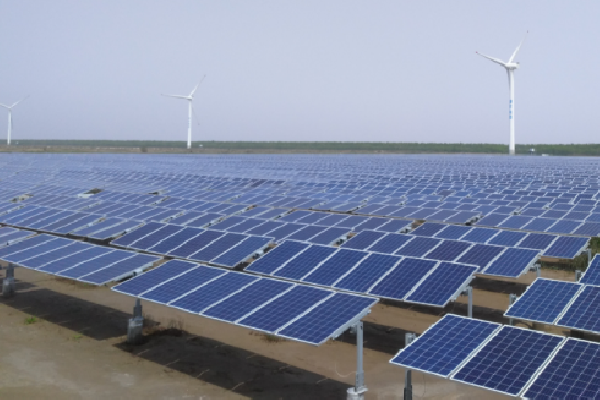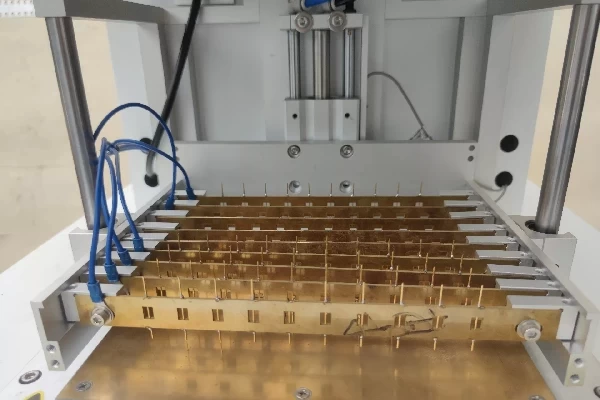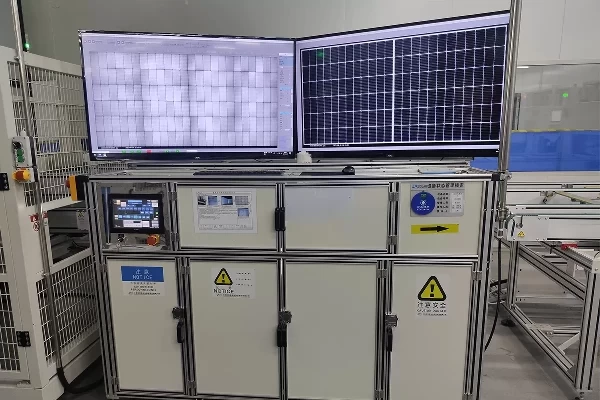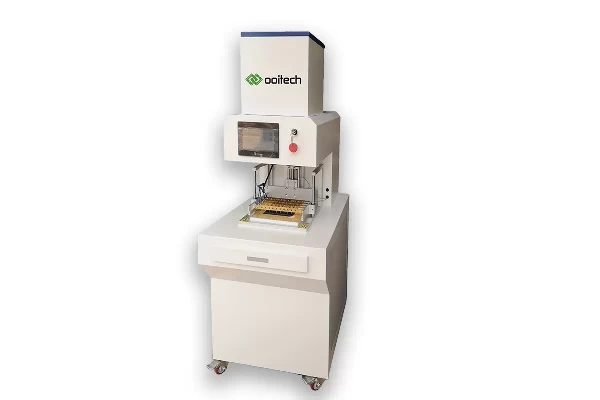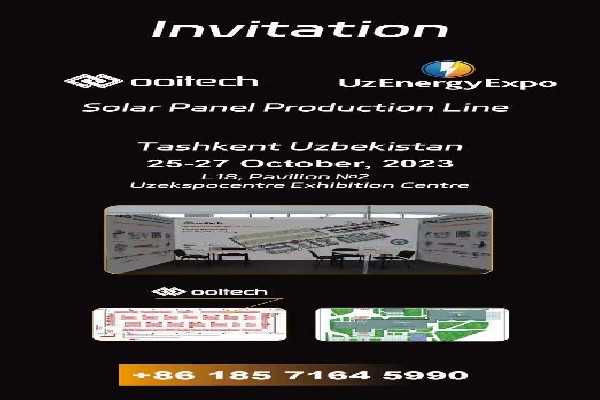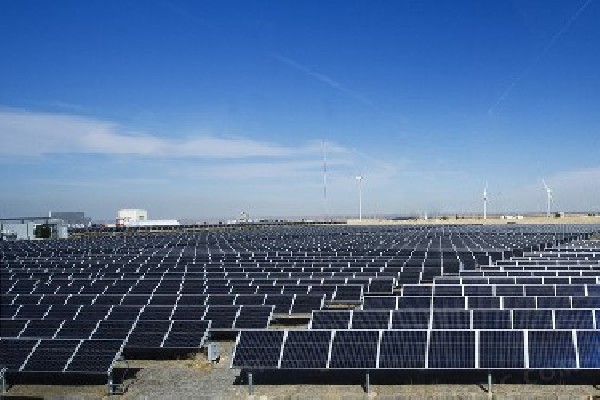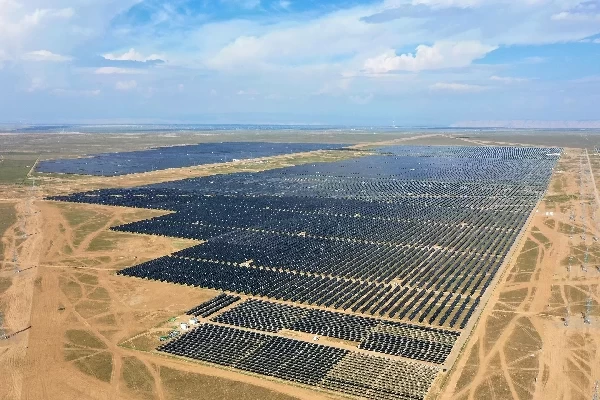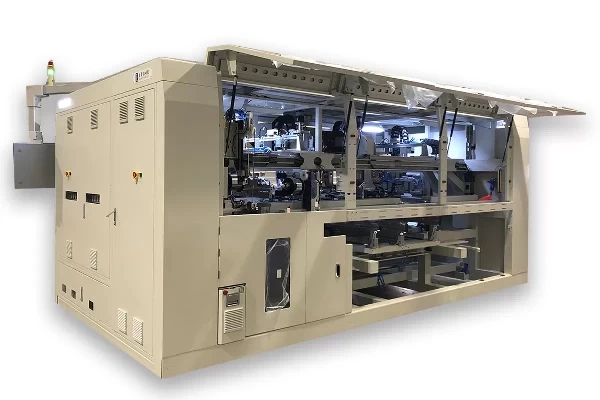What are the requirements for glass made into solar panels?
What are the requirements for glass made into solar panels?
Solar panels play a vital role in our renewable energy lives, they convert the sun's light energy into electricity that we can use. And in this process, glass – an essential part of solar panels – plays a key role. So, what are the special requirements for the glass used to make solar panels?
Light transmission and stability:
First of all, the glass used in the manufacture of solar charging panels must have good light transmission. This is because solar panels need to capture as much sunlight as possible in order to produce more electricity. If the light transmission of the glass is not good, then the efficiency of the solar panels will be greatly reduced. Usually, we use ultra-clear glass or low-iron glass because of their high light transmittance and can ensure the efficient use of sunlight.
At the same time, the glass needs to be very stable. During the working process of solar panels, the glass is exposed to sunlight for a long time, accompanied by an increase in temperature. This requires the glass to be able to withstand this constant high temperature environment and prevent deformation or cracking due to temperature changes. In addition, in order to prevent UV-induced degradation of performance, glass also needs to be UV resistant.
Dust and water resistance: Solar panels need to capture sunlight efficiently, so their surfaces must be kept clean. This requires the glass to be dust- and water-resistant to prevent dirt and moisture from affecting its performance. Some advanced solar panels also use anti-fingerprint, oil-resistant coatings to ensure long-term cleanliness and efficient performance.
Mechanical strength and durability: Since solar panels are often installed outdoors, they need to face a variety of harsh environmental conditions, such as wind, rain, snow, hail, etc. In this case, the glass needs to have sufficient mechanical strength and durability to resist damage caused by these external factors. This can often be achieved by means of special surface treatments or reinforced structures.
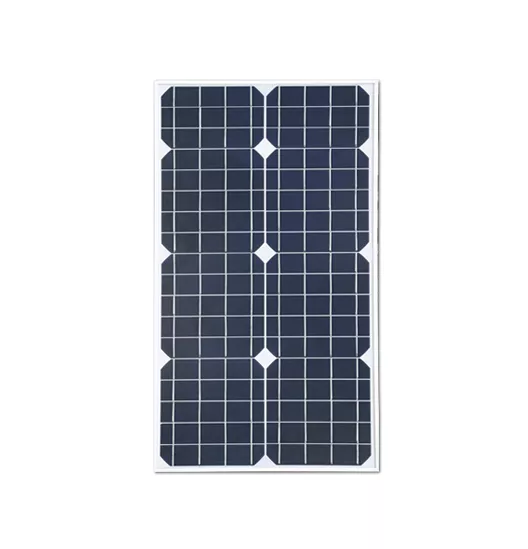
Lightweight: The glass used in solar panels should also be as lightweight as possible to facilitate installation and transportation. Lightweight glass not only reduces overall weight, but also helps reduce transportation and installation costs.
Let's say we use a type of glass that is not of good quality to make solar panels. First of all, due to their poor light transmission, solar panels will not be able to capture enough sunlight, resulting in inefficient power generation. This not only affects the economic benefits, but also greatly reduces the superiority of solar energy as a clean energy source.
Secondly, if the stability of this glass is poor, it may deform or crack in a high or low temperature environment. Not only does this lead to a reduction in the efficiency of solar panels, but it also has the potential to cause safety concerns. In addition, if the glass is not dustproof and waterproof, then it can quickly accumulate dirt, which further affects its light transmission.
Furthermore, if the mechanical strength and durability of the glass are insufficient, it may not be able to withstand the effects of severe weather, such as hail or high winds, resulting in structural damage to the solar panels. This not only shortens the lifespan of the solar panels, but also increases the cost of maintenance and replacement.
Finally, if the glass is too heavy, it will increase the weight of the entire solar panel, making it more difficult and expensive to install and transport.
Therefore, in order to ensure the performance and longevity of solar panels, we must have strict requirements for the glass from which solar panels are made. Only glass that meets these requirements can ensure the safety, efficiency and longevity of solar panels. And that's where we need to pay special attention when choosing and using solar panels.
Non Destructive Cutting Machine Thermal Laser Separation Cutting Machine
Solar Cell IV Test before Tabbing
Workshop layout Production Design
solar strings busbar welding after layup
